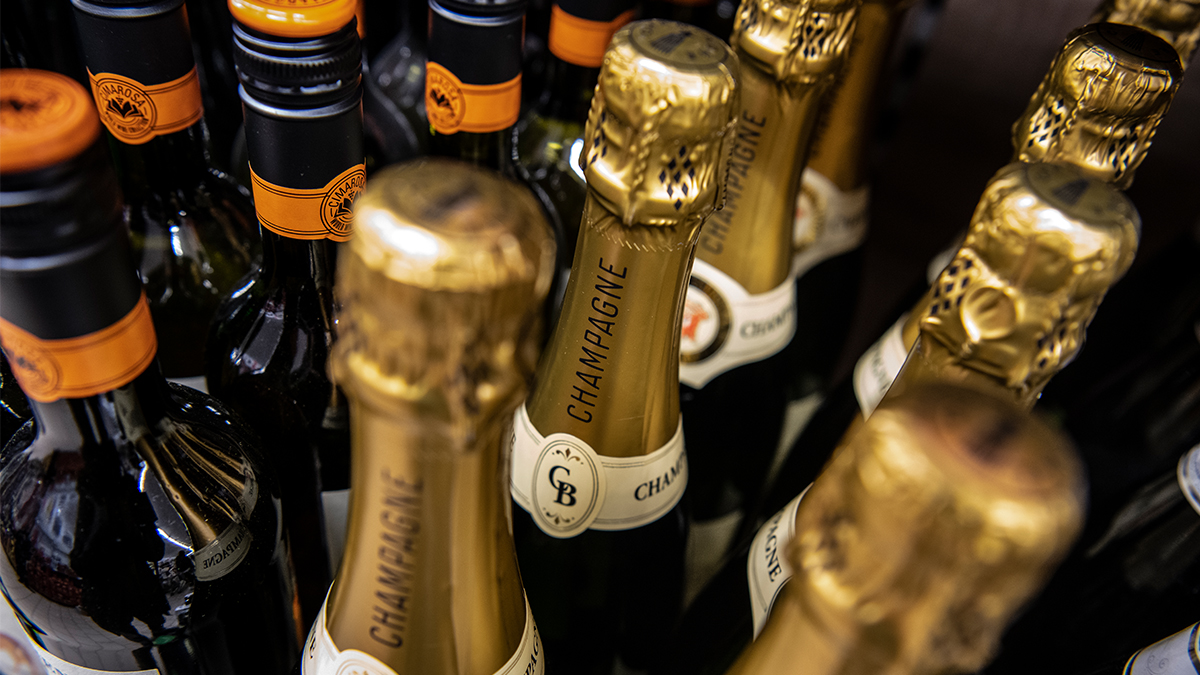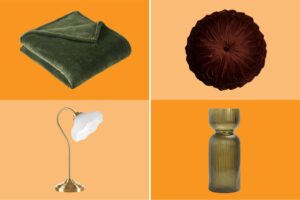is having some problems.
For the , and with no cause for celebration in sight, shipments of the bubbly from France are drying up, CNN . According to new data from trade organization Comité Champagne, the sparkling ’s total shipments last year accounted for 271.4 million bottles, a nearly 10 percent decrease from 2023. The overall dip can be attributed to “inflation, conflicts around the world, economic uncertainty, and a political wait-and-see attitude in some of Champagne’s biggest markets,” Maxime Toubart, co-president of the organization, told the outlet.
Globally, foreign exports from the region tumbled 10.8 percent compared to 2023 to 153.2 million bottles amid ongoing unease about the global economy. Additionally, domestic shipments slumped approximately 7 percent in 2024 to 118.2 million bottles—the lowest rate in 40 years—because the domestic market has suffered “from the prevailing gloomy political and economic context,” the association said.
Back in July, French luxury conglomerate —the world’s biggest Champagne producer and the owner of brands such as , , Krug, and Mercier—sold 15 percent fewer bottles of bubbly during the first half of 2024 compared to the same period the year prior. At the time, the company chalked the decline up to weak consumer spending and less bottle-popping opportunities.
“Champagne is quite linked with celebration, happiness, et cetera,” said LVMH chief financial officer Jean-Jacques Guiony during an earnings call this past summer. “Maybe the current global situation, be it geopolitical or macroeconomic, does not lead people to cheer up and to open bottles of Champagne.”
More recently, Rémy Cointreau, the French spirits group behind century-old Champagne house Telmont, forecasted a drop of between 15 percent and 18 percent in its annual sales, citing a massive slowdown in consumer spending in the U.S. and China. The company noted weak sales in the U.S. specifically, where interest rates are increasing and inflation has caused stores to cut back on inventory.
Since 2019, Champagne sales have been steadily increasing and even logged a few as a result of the Covid 19 pandemic. Since hitting their peak in 2022, when sales skyrocketed by 33 percent, shipments have since started to fizzle out. Similarly, other wines and —including whiskey and tequila—have also seen sales slump as consumers snap up less-expensive bottles or increasingly gravitate toward non-alcoholic options.
Authors
-

Abby Montanez
Abigail Montanez is a staff writer at Robb Report. She has worked in both print and digital publishing for over half a decade, covering everything from real estate, entertainment, dining, travel to…
Credit: robbreport.com










